
The Irish Times is an Irish daily broadsheet newspaper launched on 29 March 1859. The editor is Geraldine Kennedy, who succeeded Conor Brady in 2002; the deputy editor is Paul O'Neill. The Irish Times is considered to be Ireland's newspaper of record,[1] and is published every day except Sundays. It employs 420 people.[2]
Though formed as a Protestant Nationalist paper, within two decades and under new owners it had become the voice of Irish Unionism.[3] Today it is no longer considered a Unionist paper; it is generally perceived as being politically liberal and progressive.
The paper's most prominent columnists include writer and arts commentator Fintan O'Toole, the satirist Miriam Lord and former Taoiseach, Garret FitzGerald. Senior international figures, including Tony Blair, Bill Clinton and others have written for its op-ed page. Its most prominent columns have included Drapier (an anonymous column produced weekly by a politician, giving the 'insider' view of politics); Rite and Reason, a weekly religious column, edited by Patsy McGarry, Religious Affairs Editor; and the long-running "An Irishman's Diary", previously penned by Patrick Campbell in the forties (under the pseudonym 'Quidnunc'), Seamus Kelly from 1949-1979 (also writing as 'Quidnunc'), and more recently by Kevin Myers. Since the latter's move to the rival Irish Independent, "An Irishman's Diary" is now usually the work of Frank McNally. On the sports pages, Tom Humphries' Locker Room column features, as do Philip Reid's golf articles. He is the golf correspondent of The Irish Times.
One of its most famous columns was the biting and humorous Cruiskeen Lawn satire column written by Myles na gCopaleen, the pen name of Brian O'Nolan (Brian Ó Nualláin) who also wrote books using the name Flann O'Brien. Cruiskeen Lawn is an anglicized spelling of the Irish words cruiscín lán, meaning 'the full little jug'. Cruiskeen Lawn first appeared in October 1940 and appeared with varying regularity until O'Nolan's death in 1966.
The Irish Times is also the Irish newspaper with the most bureaux abroad;[citation needed] it has had full-time correspondents in Washington, Paris, Berlin, Beijing, Brussels, London, Africa and other parts of the world. According to the Audit Bureau of Circulations, it had a daily circulation of 106,926 during the second six months of 2009.[4]
Though formed as a Protestant Nationalist paper, within two decades and under new owners it had become the voice of Irish Unionism.[3] Today it is no longer considered a Unionist paper; it is generally perceived as being politically liberal and progressive.
The paper's most prominent columnists include writer and arts commentator Fintan O'Toole, the satirist Miriam Lord and former Taoiseach, Garret FitzGerald. Senior international figures, including Tony Blair, Bill Clinton and others have written for its op-ed page. Its most prominent columns have included Drapier (an anonymous column produced weekly by a politician, giving the 'insider' view of politics); Rite and Reason, a weekly religious column, edited by Patsy McGarry, Religious Affairs Editor; and the long-running "An Irishman's Diary", previously penned by Patrick Campbell in the forties (under the pseudonym 'Quidnunc'), Seamus Kelly from 1949-1979 (also writing as 'Quidnunc'), and more recently by Kevin Myers. Since the latter's move to the rival Irish Independent, "An Irishman's Diary" is now usually the work of Frank McNally. On the sports pages, Tom Humphries' Locker Room column features, as do Philip Reid's golf articles. He is the golf correspondent of The Irish Times.
One of its most famous columns was the biting and humorous Cruiskeen Lawn satire column written by Myles na gCopaleen, the pen name of Brian O'Nolan (Brian Ó Nualláin) who also wrote books using the name Flann O'Brien. Cruiskeen Lawn is an anglicized spelling of the Irish words cruiscín lán, meaning 'the full little jug'. Cruiskeen Lawn first appeared in October 1940 and appeared with varying regularity until O'Nolan's death in 1966.
The Irish Times is also the Irish newspaper with the most bureaux abroad;[citation needed] it has had full-time correspondents in Washington, Paris, Berlin, Beijing, Brussels, London, Africa and other parts of the world. According to the Audit Bureau of Circulations, it had a daily circulation of 106,926 during the second six months of 2009.[4]
Contents[hide]
1 History
1.1 Origins
1.2 The Arnotts
1.3 The Irish Times Trust
1.4 Recent history
1.4.1 Diversification
2 Offices
3 Online
4 Format and content
5 Columns
6 Editors
7 Notable contributors (past and present)
8 See also
9 References
10 External links
[edit] History
[edit] Origins
The first appearance of a newspaper using the name The Irish Times occurred in 1823 but it closed in 1825. The title was revived as a thrice weekly publication by Major Lawrence E. Knox, with the first edition being published on 29 March 1859. It was originally founded as a moderate Protestant Nationalist newspaper, reflecting the politics of Knox, who stood unsuccessfully as a parliamentary candidate for Isaac Butt's Home Rule League. Its headquarters were at 4 Lower Abbey Street in Dublin. In its early days, its main competitor was the Dublin Daily Express.
[edit] The Arnotts
After Knox's death in 1873 the paper was sold to the widow of Sir John Arnott, MP, a former Lord Mayor of Cork and owner of Arnotts, one of Dublin's major Department stores. The sale, for £35000, led to two major changes. Its headquarters was shifted to 31 Westmoreland Street and it remained in buildings on or near that site until 2005. Its politics also shifted dramatically, becoming predominantly Protestant and Unionist. The paper along with the Irish Independent and various regional papers called for the execution of the leaders of the failed 1916 Easter Rising.[5]
Though the paper became a publicly listed company in 1900, the family continued to hold a majority shareholding until the 1960s (even after the family lost control, the great-grandson of the original purchaser was the paper's London editor). The last member of the Arnott family to sit on the paper's board was Sir Lauriston Arnott, who died in 1958.
The editor during the 1930s, R. M. Smyllie, had strong anti-fascist views: he angered the Irish Catholic hierarchy by opposing General Franco during the Spanish Civil War. Later the Irish Times like other national newspapers had problems with Irish Government censorship during World War Two. The Times was largely pro-Allied and was opposed to the De Valera government's policy of neutrality.[6]
[edit] The Irish Times Trust
In 1974, ownership was transferred to a charitable trust, The Irish Times Trust. The former owner, Major Thomas McDowell, was made "president for life" of the trust which runs the paper and was paid a large dividend.[7] However several years later the articles of the Trust were adjusted, giving Major McDowell 10 preference shares and one more vote than the combined votes of all the other directors should any move be made to remove him.[8] Major McDowell died in 2009.
[edit] Recent history
In 1969, the longest-serving editor of the Irish Times, Douglas Gageby, was labelled a "white nigger" by the company Chairman (a former British army officer), because of the newspaper's coverage of Northern Ireland at the outset of the troubles, which was upsetting Whitehall.[9][10]
The Irish Times faced considerable financial difficulty in 2002 when a downturn in advertising revenue coincided with a decision to invest its reserves in the building of a new printing plant; none of its journalists were laid off, but a large number availed of a voluntary redundancy package, when the paper underwent major restructuring. Some of its external bureaux were closed, while it also ceased publishing 'colour' pages specifically devoted to covering local Irish regions, with regional coverage now merged with news. Part of the Irish Times' problems stemmed from the bitter internal strife which led to Major McDowells's daughter Karen Erwin failing to be given the job of Chief Executive.[8] The reorganisation had the desired effect; after posting losses of almost €3 million in 2002, the paper returned to profit in 2003.
John Waters, the only columnist to speak out about the issue of the perceived vast salaries of the editor, managing director and deputy editor, was sacked and then re-hired a week later in November 2003.[11]
In January 2005, the paper was due to run a front-page story on the Provisional IRA's denial of involvement in the Northern Bank Robbery, one of Europe's largest ever, and a column by Kevin Myers, which said that the Provisional IRA were responsible.[12] Myers asked for clarification of the decision from the editor, and later left the paper.[13]
The following May, the paper launched a new international edition, which is available in London and southeast England at the same time as other daily newspapers (previously, copies of the Irish edition were flown from Dublin to major cities in Britain on passenger flights, arriving around lunchtime). The new edition is printed at the Newsfax plant in Hackney, and uses the Financial Times distribution network.
The Financial Regulator in 2008 fined the Irish Times after it admitted breaking market abuse rules.[14]
In 2009, the Supreme Court ordered the paper to pay €600,000 in costs, despite winning its case about the importance of protecting journalistic sources, and called its actions "reprehensible conduct" by deliberating destroying evidence.[15]
The newspaper has been criticized for its perceived support towards the British Army. An article in the Phoenix Magazine examined an article in the Irish Times published in August 2010 on Irish nationals serving in the British Army.[16] According to the Phoenix the article romanticized the war in Afghanistan and was little more than a recruitment advert for the British Army.[17] The article ended by asking was the editor Geraldine Kennedy and the Irish Times board familiar with the Defense Act which prohibits any kind of advertising for recruitment for a foreign army and article 15.6.1 of the Constitution of Ireland which states “The right to raise and maintain military or armed forces is vested exclusively in the Oireachtas"".
[edit] Diversification
The company has diversified out of its original Irish Times title as a source of revenue. This process has seen the company, Irish Times Ltd., take a majority share in the Gazette Group Newspapers a local newspaper group publishing three local newspapers in West Dublin for €5m, and acquire a property website MyHome.ie,[citation needed] the second-largest[18] property internet portal in Ireland, for €50m, seen[citation needed] as an "insurance policy" against the loss of traditional classified property advertising revenues. In June 2009, journalists called on the board and trust to review "the flawed investment and diversification strategy of the company" and passed a motion saying that "ongoing investment in loss-making projects poses a serious threat to employment" at the newspaper.[19] Four months later the company announced a loss of €37 million and that 90 staff would be made redundant.[20] The director who instigated the "investment and diversification" strategy retired, she dismissed suggestions that she would receive a significant "golden handshake", saying that her package would be "nothing out of the ordinary at all". She was given a €1m "ex-gratia" payment by the newspaper "relating to a commutation of pension rights agreed with her".[21]
The managing director in 2009 said that mobile phone applications would be a key investment for newspapers and the Irish Times now has an application for the iphone.[22]
In June 2010 Gazette group newspapers' managing director claimed the company's affairs are being conducted oppressively by its majority shareholder, the 'Irish Times'.[23]
[edit] Offices
The Irish Times building, on Tara Street.
The Irish Times Clock, originally mounted on the D'olier Street building is now part of the new offices on Tara Street.
In 1895, the paper moved from its original offices on Middle Abbey Street (the street that was until late 2004 the home of the Irish Independent) to D'Olier Street in the south city centre. "D'Olier Street" became a synonym for "The Irish Times", which in turn is personified as "The Old Lady of D'Olier Street". In October 2006, the paper relocated from its historical home of D'Olier Street in Dublin city centre to a new building in Tara Street, only two hundred metres away.
[edit] Online
In 1994, the Irish Times established an Internet presence at Irish-times.ie, it was the first newspaper in Ireland or Britain and one of the first 30 newspapers in the world to do so. The company acquired the domain name Ireland.com in 1997, and from 1999 to 2008 used it to publish its online edition. Initially free, charges and registration for access to most of the content were introduced in 2002. A number of blogs were added in April 2007 written by Irish Times writers Jim Carroll, Shane Hegarty and Conor Pope. On 30 June 2008, the company relaunched Ireland.com as a separate lifestyle portal and the online edition of the newspaper is now published at irishtimes.com. It is supplied free of charge,[24] but its archives require a subscription to view older parts in digitised form.
[edit] Format and content
The paper follows the same standard layout every day. The front page contains one main picture and three main news stories, with the left-hand column, News Digest, providing a 'teaser' of some of the stories inside the Home News, World News, Sport and Business Today sections as well as other information such as lottery numbers and weather forecasts. Inside, it usually contains eight to twelve pages of Irish news, called Home News, which covers the whole island of Ireland (i.e. the Republic of Ireland and Northern Ireland). It regularly devotes several pages to important stories such as the publication of government reports, the Budget, major courts cases, etc.
World News contains some pages of world news from its correspondents abroad and also from the wires and news services such as Reuters, the Guardian Service and the Los Angeles Times-Washington Post service. The Irish Times has staff correspondents in London, Paris, Brussels and Washington.
The Irish Times publishes its residential property supplement every Thursday, this being one of the printed residential property listing for the Dublin area. That section can also be found online. Motoring and employment supplements are published on Wednesday and Friday respectively, and can be found online also.
On Fridays, The Irish Times publishes a Business supplement and an entertainment supplement, The Ticket, with movie, music, theatre reviews, interviews, articles, and media listings. It features cinema writer Donald Clarke and music writers Jim Carroll, Brian Boyd, Tony Clayton-Lea and others. Michael Dwyer, the distinguished film critic and recipient of the Chevalier des Arts et des Lettres, wrote for the supplement until his death in 2010.
On Saturdays it publishes a Weekend section, featuring news features, arts profiles, TV and radio columns and book reviews of a limited range of mainly literary and biographical works, with occasional reviews in the technology sector. Its Saturday edition also include the Magazine (consumer and lifestyle features on food, wine, gardening etc.), a travel supplement and a sports supplement.
Daily puzzles are the Irish Times cryptic crossword, compiled by "Crosaire"; the "Simplex" crossword; and three Sudoku puzzles.
The Letters' page from readers serves as a forum for reader debate on current topics.
The Irish Times features the political cartoons of Martyn Turner., and the American cartoon strip Doonesbury. The business section has a satirical illustration by David Rooney every Friday. Tom Mathews contributes a arts-inspired cartoon (called "Artoon") to the Arts Section on Saturday.
The editorial line of the Irish Times tended to support the Lisbon Treaty. However they have printed a number of articles of opposing views, including articles written by Declan Ganley of Libertas, and other anti-Lisbon campaigners.
[edit] Columns
Regular columns include:
An Irishman's Diary
Another Life is the weekly natural history column, which Michael Viney has written and illustrated since 1977.
Rite and Reason is the weekly religious column. The column is edited by The Irish Times religious editor, Patsy McGarry. Many prominent Roman Catholic and Church of Ireland bishops, Irish Jewish leaders, theologians from all faiths and journalists, among others, have written the column, which is published on the Op-Ed (Opinion-Editorial) page every Monday.
Social and Personal
[edit] Editors
R.M. "Bertie" Smyllie, 1934–1954
Alec Newman, 1954–1961
Douglas Gageby 1963–1974,1977–1986
Fergus Pyle 1974–1977
Conor Brady, 1986–2002, the first Roman Catholic to hold the post
Geraldine Kennedy, 2002–present
[edit] Notable contributors (past and present)
Charles Acton
Maeve Binchy
Vincent Browne
Joe Carroll
Myles na gCopaleen
Garret FitzGerald
Donal Foley
Paul Gillespie
John Healy
Mary Holland
Tom Humphries
Lara Marlowe
Seamus Martin
Kevin Myers
Breda O'Brien
Conor O'Clery
Fintan O'Toole
Fergus Pyle
Arthur Quinlan
Martyn Turner
John Waters
Terence de Vere White
Maev-Ann Wren
[edit] See also
Irish Times National Debating Championship
List of Irish companies
[edit] References
^ "Order of Business". Parliamentary Debates (Office of the Houses of the Oireachtas) 193 (2). 17 December 2008. http://debates.oireachtas.ie/DDebate.aspx?F=SEN20081217.xml.
^ http://www.independent.ie/business/irish/irish-times-seeking-euro2m-in-cost-savings-2514659.html
^ O'Brien, Mark (2008). The Irish Times: A History. Four Courts Press. ISBN 978-1-84682-123-3.
^ "Fall in newspaper circulation". RTÉ News. 18 February 2010. http://www.rte.ie/news/2010/0218/newspaper.html. Retrieved 24 February 2010.
^ "Sir John Maxwell's Position". The Irish Times. BBC. 10 May 1916. http://www.bbc.co.uk/history/british/easterrising/newspapers/na04.shtml.
^ Horgan, John (2001). Irish Media: A Critical History Since 1922. Routledge. pp. 38–45.
^ Collins, Liam (24 January 2010). "'Times' ex-owner leaves €13m". Irish Independent. http://www.independent.ie/national-news/times-exowner-leaves-836413m-2029316.html.
^ a b Collins, Liam (23 December 2001). "McDowell had £30,000 tax liability". Irish Independent. http://www.independent.ie/national-news/mcdowell-had-pound30000-tax-liability-512202.html.
^ Mallon, Charlie (26 January 2003). "Irish Times' Major McDowell called his editor a 'white nigger'". Irish Independent. http://www.independent.ie/national-news/irish-times-major--mcdowell-called-his-editor--a-white-nigger-488144.html.
^ Fanning, Ronan (2 February 2003). "'White nigger' denial poses a real dilemma". Irish Independent. http://www.independent.ie/opinion/analysis/white-nigger-denial-poses-a-real-dilemma-488276.html.
^ Collins, Liam; Corcoran, Jody (30 November 2003). "The real story behind the Times Rich List". Irish Independent. http://www.independent.ie/opinion/analysis/the-real-story-behind-the-times-rich-list-497097.html.
^ Cusack, Jim (9 January 2005). "Bank heist is snooze to the 'Irish Times'". Irish Independent. http://www.independent.ie/opinion/analysis/bank-heist-is-snooze-to-the-irish-times-462931.html.
^ Cusack, Jim (2 January 2005). "Myers shocked at spiking of column on IRA by 'Irish Times'". Irish Independent. http://www.independent.ie/national-news/myers-shocked-at-spiking-of-column-on-ira-by-irish-times-462776.html.
^ "Financial Regulator fines Irish Times". RTÉ Business. 11 April 2008. http://www.rte.ie/news/2008/0411/financial-business.html.
^ Carolan, Mary (27 November 2009). "'Irish Times' ordered to pay legal costs in full". The Irish Times. http://www.irishtimes.com/newspaper/ireland/2009/1127/1224259547062.html.
^ http://www.irishtimes.com/newspaper/weekend/2010/0731/1224275874706.html
^ "Irish Times for Queen and Country". The Phoenix (magazine). 13 August 2010. http://www.thephoenix.ie/phoenix/subscriber/library/volume-28/issue-16/contents.pdf.
^ "Daft.ie Now Ireland's Busiest Certified Property Site". ABCe. 18 July 2006. Archived from the original on 15 November 2007. http://web.archive.org/web/20071115110953/http://www.abce.org.uk/cgi-bin/gen5?runprog=abce/abce&type=page&p=news_200706.html&menuid=news%7Cn1%7Cnews_200706%7Cnews_200706. Retrieved 1 January 2010.
^ Connolly, Niamh (28 June 2009). "Times staffers want a review of paper's direction". The Sunday Business Post. http://www.sbpost.ie/post/pages/p/story.aspx-qqqt=IRELAND-qqqm=news-qqqid=42757-qqqx=1.asp.
^ Hancock, Ciarán (3 October 2009). "Irish Times registers €37.8m loss for 2008". The Irish Times. http://www.irishtimes.com/newspaper/finance/2009/1003/1224255776825.html.
^ http://www.independent.ie/business/irish/irish-times-ceo-got-euro1m-payoff-as-losses-mount-2391589.html
^ O'Mahony, Catherine (25 October 2009). "Media World". The Sunday Business Post. http://www.sbpost.ie/mediaandmarketing/media-world-45189.html.
^ http://www.independent.ie/business/irish/gazette-group-md-accuses-the-irish-times-of-oppression-2238234.html
^ "'The Irish Times' free online at irishtimes.com". The Irish Times. 30 June 2008. http://www.irishtimes.com/newspaper/ireland/2008/0630/1214764288069.html. Retrieved 2008-06-30.
[edit] External links
The Irish Times
The Irish Times' Crosswords
estratto da: http://en.wikipedia.org/wiki/The_Irish_Times















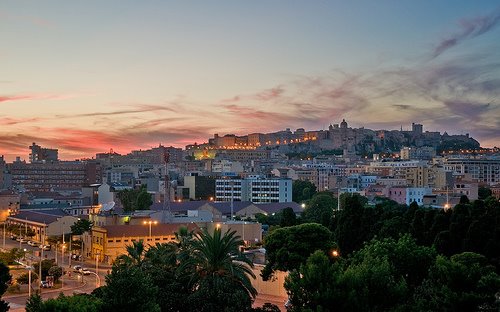

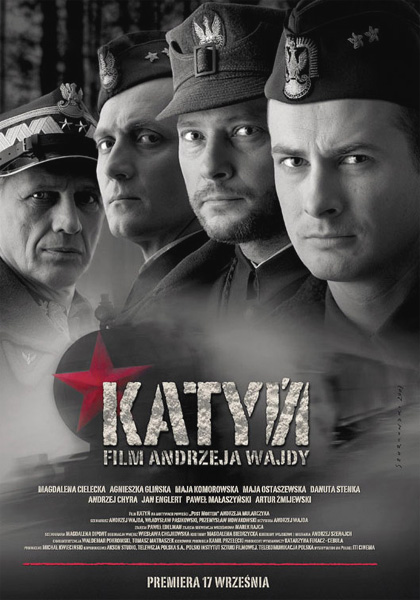
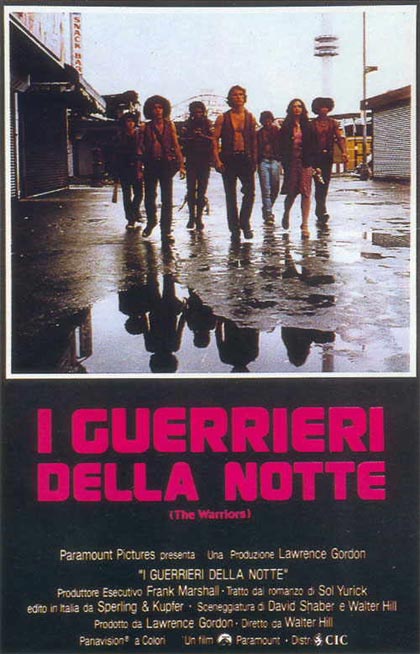

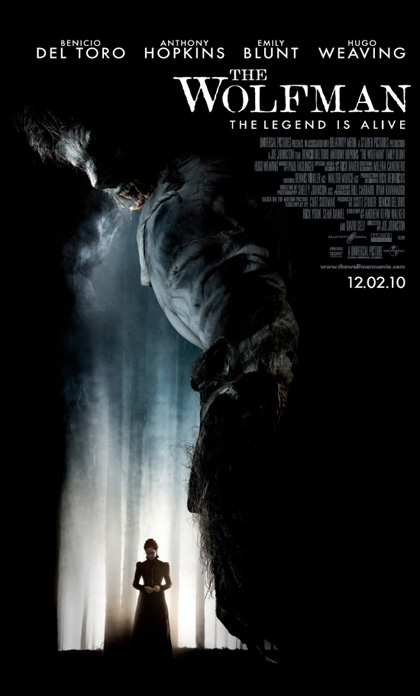

















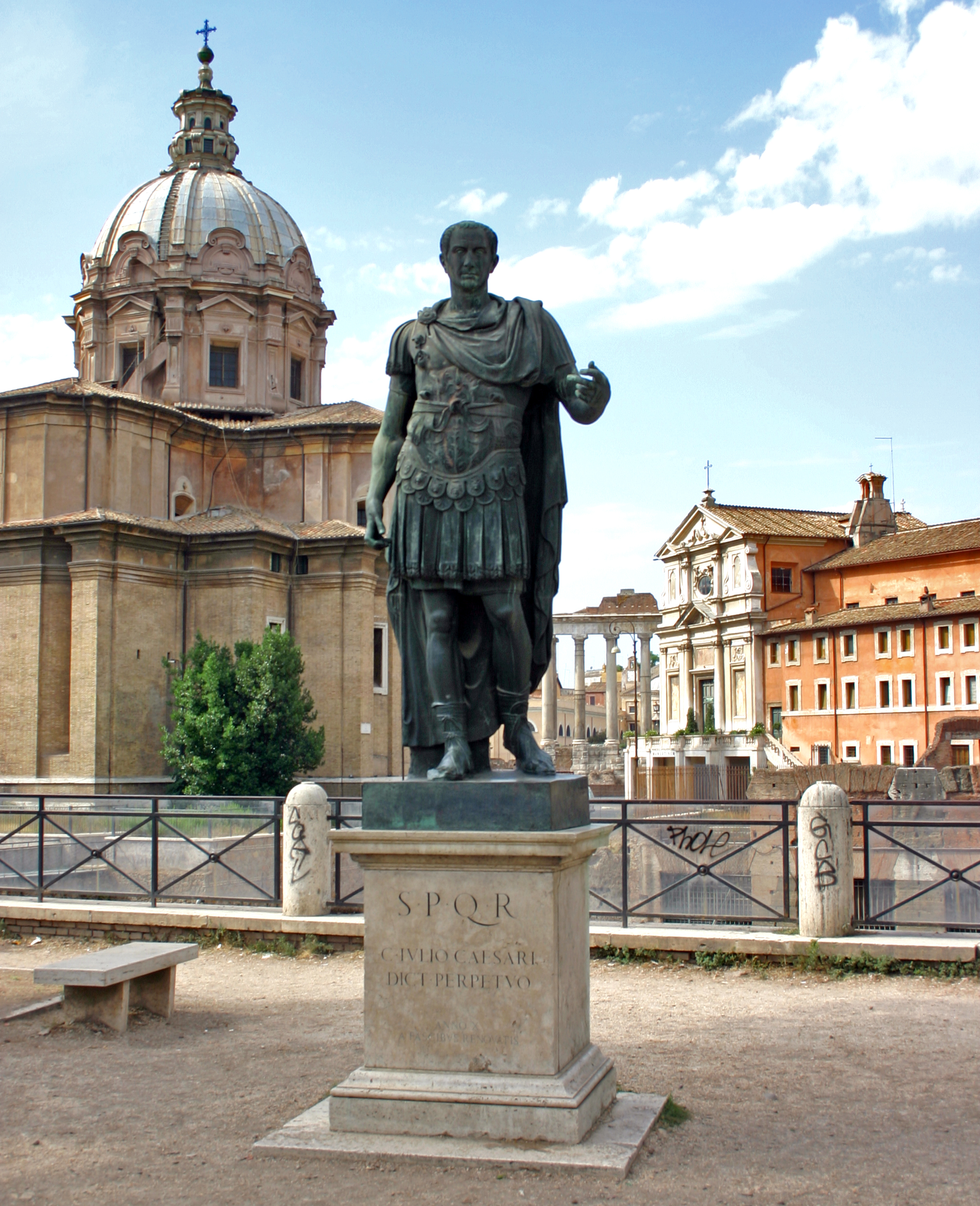

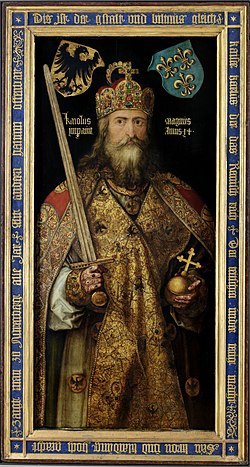






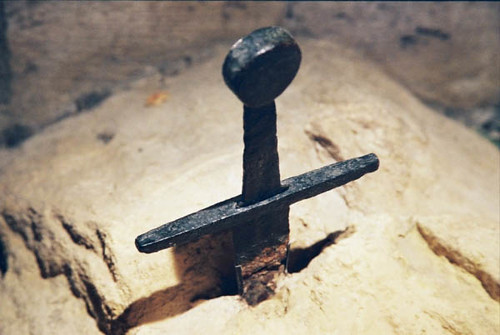







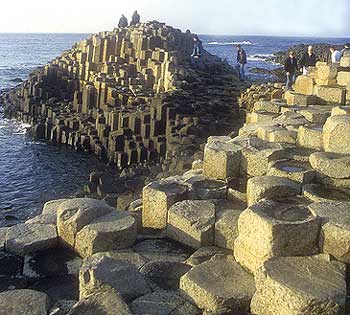















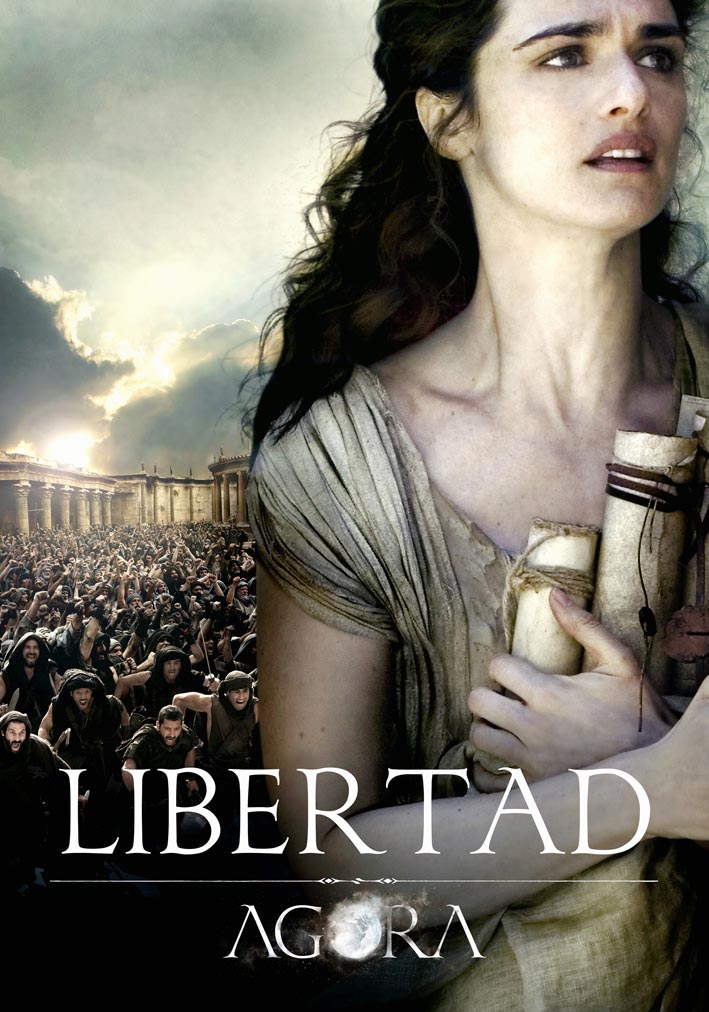

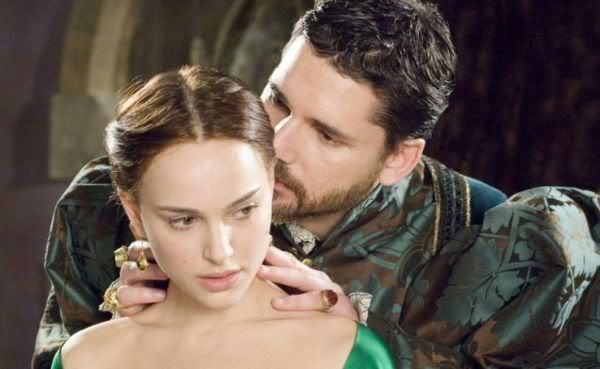


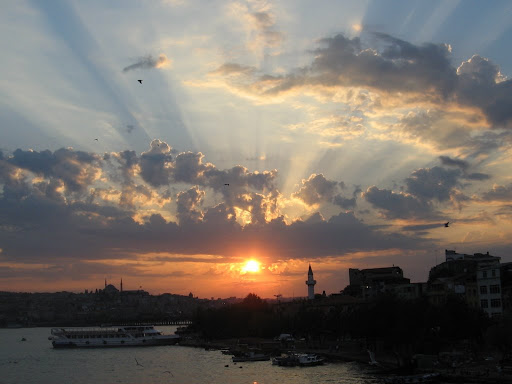






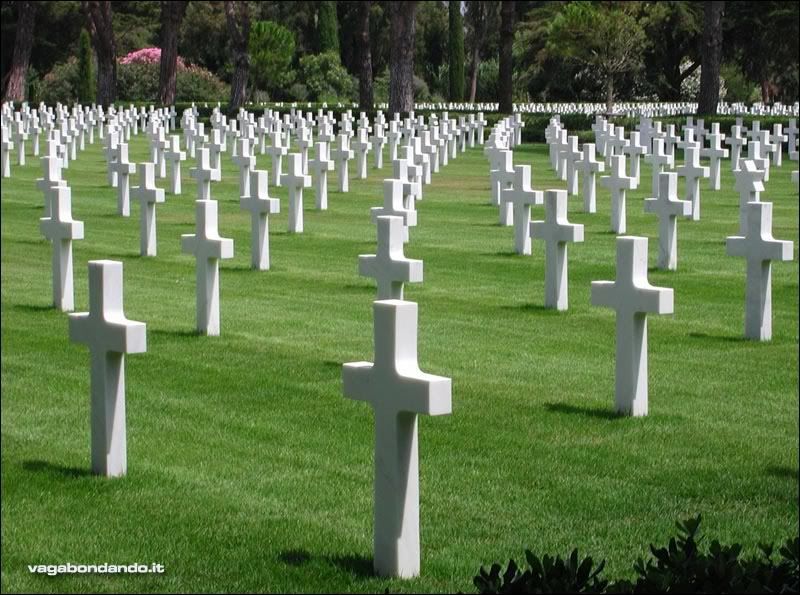











Nessun commento:
Posta un commento